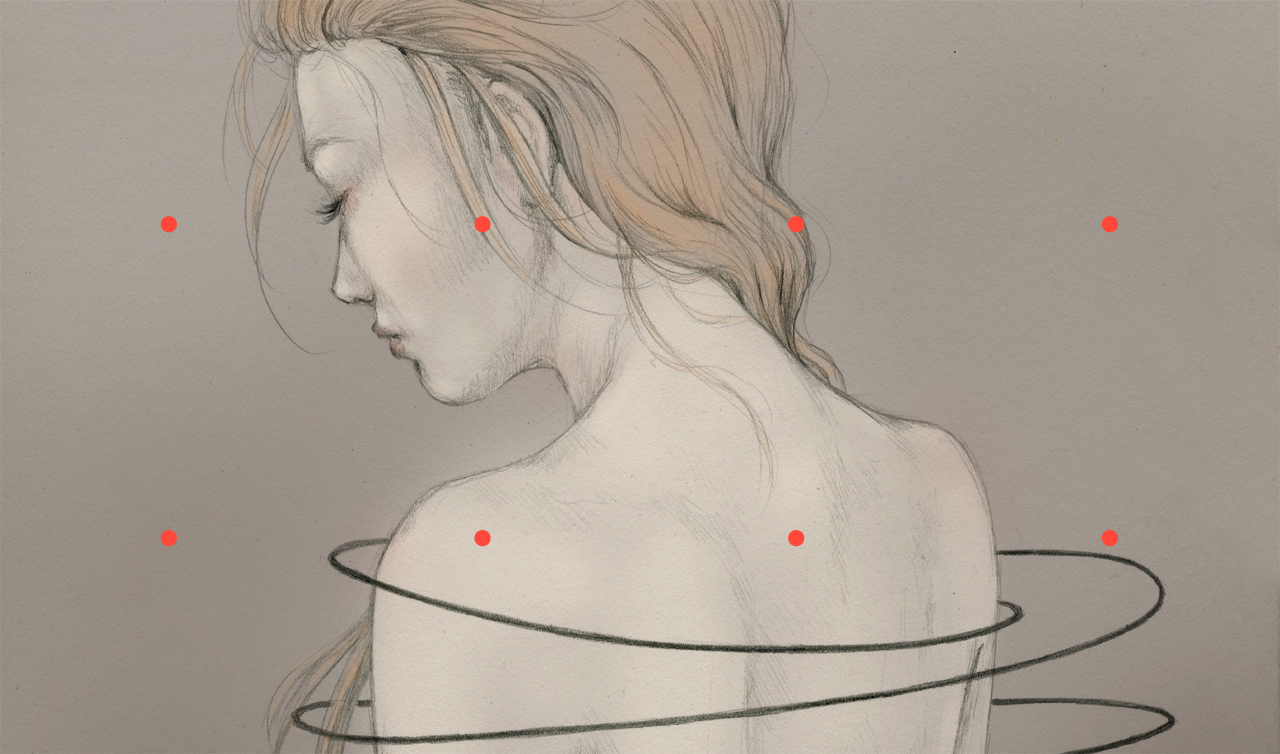The worst part of what happened to me isn’t what happened. It’s that it keeps happening.
I was raised by my father, an emotionally and psychologically abusive narcissist. He had a cult leader’s charisma and all-or-none thinking. I feared him and loved him like he was a god.
The worst thing my abusive father gave me is the compulsion to wound myself over and over again in the same way, each blow letting me take my parent’s side. We want so much to think of our parents as good that we would rather think ourselves bad than face the painful truth.
It’s been years since I was in contact with my father, years of healing and validation and hard work, but in many ways the programs he installed are still operating. This is the complex post-traumatic stress disorder (CPTSD) I live with, the insidious mechanism that keeps the abuse happening in my head.
It’s in the way normal disagreements, misunderstandings and mistakes can feel to me like complete travesties. A minor upset tips the precarious balance, and I slip into panic as I desperately try to fix a problem that isn’t there.
It’s in the way I ask my boyfriend, a sweet, loving, endlessly patient man, if he’s mad at me. This is a simple question with over 20 years of meaning behind it. It’s being asked by my inner child, looking for the reassurance she never got. Really, she’s asking “Am I bad?” “Is it going to happen again?” “Did I do something wrong?”. She’s been asking for so long that yes is the only answer she’ll accept because it’s the only one that seems real. Even though my boyfriend always reassures me and says, “No, how could I be mad at you?”, it’s still so hard to take that leap and trust.
It’s in the lack of boundaries, in how I find myself taking responsibility for things I can’t be responsible for. Other people’s mistakes and foul moods, minor inconveniences, both sides of a misunderstanding, bad weather: I’ve apologized for all of those. Really what I’m apologizing for is existing.

It’s in the way I constantly read the emotional tone of the room, hyperaware of other people’s moods, facial expressions, and words in an attempt to predict where and when the conversation could turn sour. My father’s anger was explosive and volatile, and on some level that is normal and I expect it. I’m still so often shocked at how reasonable and understanding people can be.
It’s in the easy way I fall into self-criticism, that deep groove worn into my mind through innumerable repetitions. I reflexively (and until fairly recently unconsciously) repeat my father’s judgments of me, reinforcing the stories of me as selfish, ungrateful, lazy, guilty, a mess. There is still part of me, irrational as I know it is, that believes because I was never good enough for my father, I’m not good enough period.
There’s a gap between what I know on an intellectual level and what I know deep in my bones on an emotional level, and it’s in that gap I lose my perspective in a flashback. My therapist says it will take time, along with talking and exploring my feelings, to close that gap. Part of me is disheartened that even after years it will still take yet more time, but then I remember I’m repairing over two decades of damage. It is going to take a long time.
It will also take courage, the courage to walk towards the pain instead of away from it, to understand it and dismantle the programs my father installed. It means fighting the toxic messages crashing around my head and giving myself the love and acceptance my father failed to. I know this is something I will be working at for the rest of my life.
If you or a loved one is affected by domestic violence and need help, call The National Domestic Violence Hotline at 1-800-799-7233.

